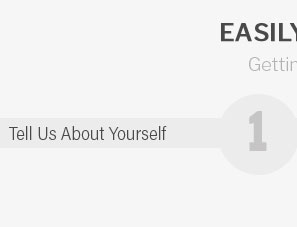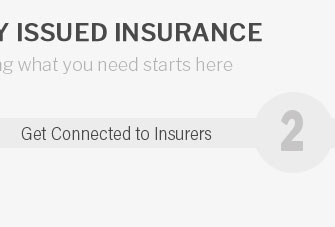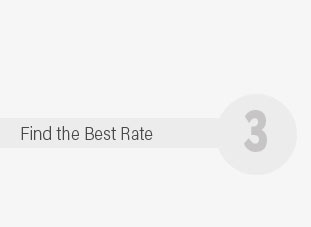 |
 |
 |
|---|
 |
 |
 |
 |
|---|
 |
 |
 |
 |
 |
 |
|---|

Exploring Affordable Health Insurance: What You Need to KnowIn today's world, where health care costs are skyrocketing, finding affordable health insurance can feel like an insurmountable challenge, yet it remains an essential undertaking for individuals and families striving to maintain their well-being without breaking the bank. Cheap health insurance, a term that evokes both hope and skepticism, often leads to many questions: Is it truly beneficial? What does it cover? Will it be sufficient in times of need? These are legitimate concerns, and understanding the nuances can help you make informed decisions that align with your health and financial goals. When considering cheap health insurance, it's crucial to recognize that the term 'cheap' is subjective; what might be affordable to one person could be prohibitively expensive for another, so the key is to identify a plan that offers the right balance between cost and coverage. To navigate this complex landscape, here are some things to consider:
Ultimately, the quest for cheap health insurance requires a thoughtful approach, balancing cost with the coverage you need to protect your health and financial well-being. While the task may seem daunting, with the right information and a little patience, you can find a plan that not only suits your budget but also gives you peace of mind, knowing you're prepared for whatever health challenges may arise. Remember, investing time and effort in choosing the right health insurance is an investment in your future health and happiness. https://www.healthcare.gov/lower-costs/
You qualify for a Special Enrollment Period if you've had certain life events, including losing health coverage, moving, getting married, having a baby, or ... https://www.progressive.com/insurance/health/individual-family/
With eHealth, you can search the largest selection of plans available online using helpful comparison tools, empowering you to find insurance that works for ... https://www.uhc.com/shop-online-health-insurance-plans
If you're under 65, view short term or Affordable Care Act (ACA) plan options. Find insurance plans for you. Hide selections.
|
|---|